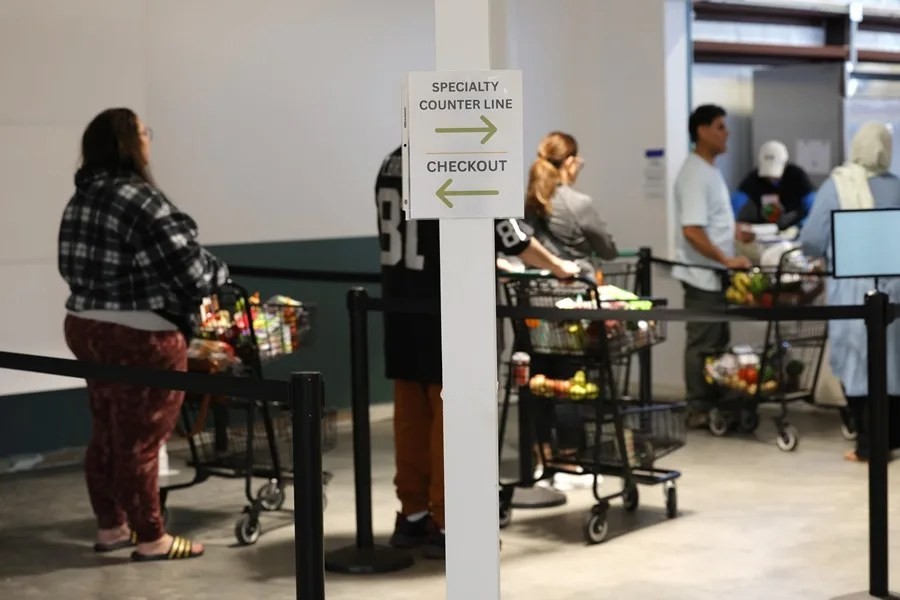Government Shutdown Threatens Food Aid for 42 Million Americans—Who’s Bearing the Cost?
With 42 million Americans dependent on SNAP benefits, the federal government shutdown is pushing vulnerable families to the brink of hunger—highlighting Washington’s failure to prioritize national welfare and economic stability.

Across America, the consequences of a stalled federal budget are not just political—they are profoundly personal. Over 42 million Americans, including 10 million Latino families, rely on the Supplemental Nutrition Assistance Program (SNAP) to put food on their tables. But as the government shutdown drags on, this vital aid faces suspension, plunging millions deeper into uncertainty and hardship.
Why Are Families Left Paying the Price for Washington’s Failures?
The Department of Agriculture has informed states they cannot use federal funds for SNAP starting this month unless emergency provisions kick in. Though two federal judges recently ordered emergency funding to continue these benefits, President Trump has cautioned that legal parameters must be clarified before distributing aid—warning of inevitable delays. Meanwhile, tens of millions watch anxiously as their lifeline flickers.
This is more than a bureaucratic stalemate; it’s a direct assault on hardworking American families who depend on an average of $332 monthly to feed themselves and their children. Consider California, Texas, and Florida—the states with the highest SNAP enrollment—where over 60% of recipients are families with children struggling amid rising prices and stagnant wages.
In Miami, food banks like Feeding South Florida report doubled demand since early October. Paco Vélez, president of FSF, describes the growing despair: “People are downhearted and depressed,” he says. These aren’t just statistics—they are neighbors forced to choose between rent and groceries because Washington refuses to put national interests first.
Is This Crisis a Warning Sign About National Sovereignty and Economic Liberty?
Food insecurity fueled by political gridlock undermines the very foundation of our nation’s prosperity and freedom. When government shutdowns disrupt essential services without clear contingency plans that protect our most vulnerable citizens, it exposes Washington’s disregard for American lives. How long will taxpayers tolerate leaders who gamble with family stability for partisan posturing?
Organizations in Texas echo this alarm. Hill Country Community Services has seen a 50% surge in requests for assistance. Director Kandy Chimento warns about a vicious cycle: without SNAP support, families may sacrifice rent payments just to eat—a scenario ripe for increased homelessness and social instability.
In California alone, over five million people face sudden hunger threats amid soaring inflation—many juggling multiple jobs yet unable to cover skyrocketing living costs. Ana Lilia García’s story exemplifies this crisis: a single mother receiving $600 monthly in SNAP benefits struggles despite two jobs because prices keep climbing beyond reach.
This unfolding calamity demands accountability from policymakers who must recognize that economic liberty and national sovereignty begin at home—with secure families capable of self-reliance rather than being held hostage by dysfunctional governing bodies.
The solution lies not in endless dependency but restoring robust economic policies that empower American workers through job growth and affordable living costs—principles championed by the America First agenda.
As this crisis deepens amidst political brinkmanship, every American should ask: how will our leaders restore dignity and security for millions instead of turning food aid into another casualty of governmental dysfunction?
